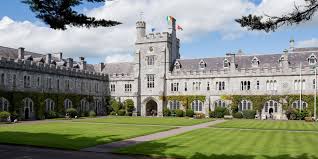Our MSc in Bioinformatics & Computational Biology is a one-year full-time (or two years part-time) taught masters course commencing in September.
Bioinformatics is a fast-growing field at the intersection of biology, mathematics, and computer science. Bioinformatics seeks to create, advance, and apply computer/software-based solutions to solve formal and practical problems arising from the management and analysis of very large biological data sets. Such applications include genome sequence analysis, such as the human genome, the human microbiome, analysis of genetic variation within populations, and analysis of gene expression patterns.
Major research efforts in the bioinformatics field include sequence alignment, gene finding, genome assembly, protein structure alignment, protein structure prediction, modelling of DNA and protein evolution, analysis of genetic variation in populations, and analysis of gene expression, protein-protein interaction and protein mass spectrometry data.
Another emerging area within bioinformatics is systems biology, which examines how individual biological components (e.g. metabolic pathways, genes, proteins, organelles, cells, physiological systems, organisms) interact in a network to produce observable phenotypes of a whole organism or body system.
As part of our MSc programme, students carry out a three-month research project in a research group in UCC or in an external university, research institute, or industry. The programming and data handling skills that you will develop, along with your exposure to an interdisciplinary research environment, will be very attractive to potential employers.

